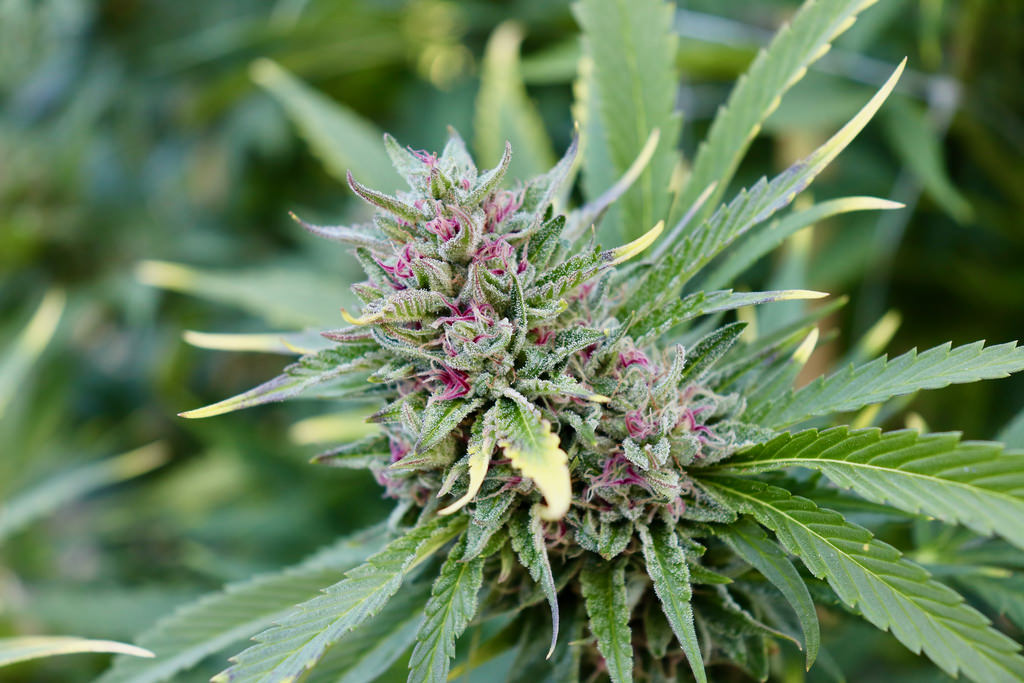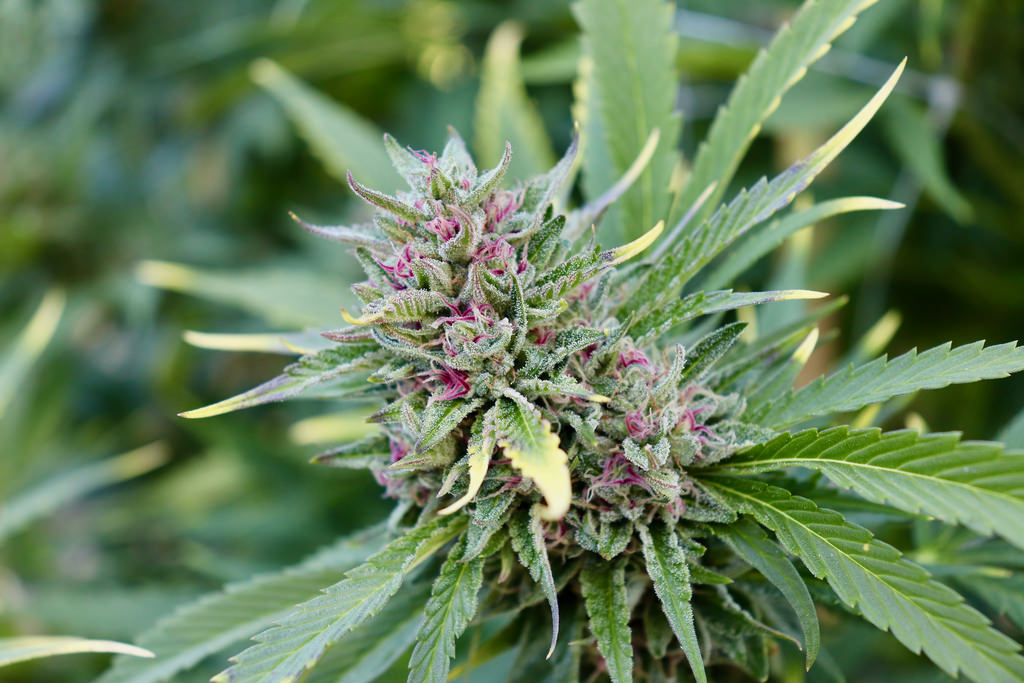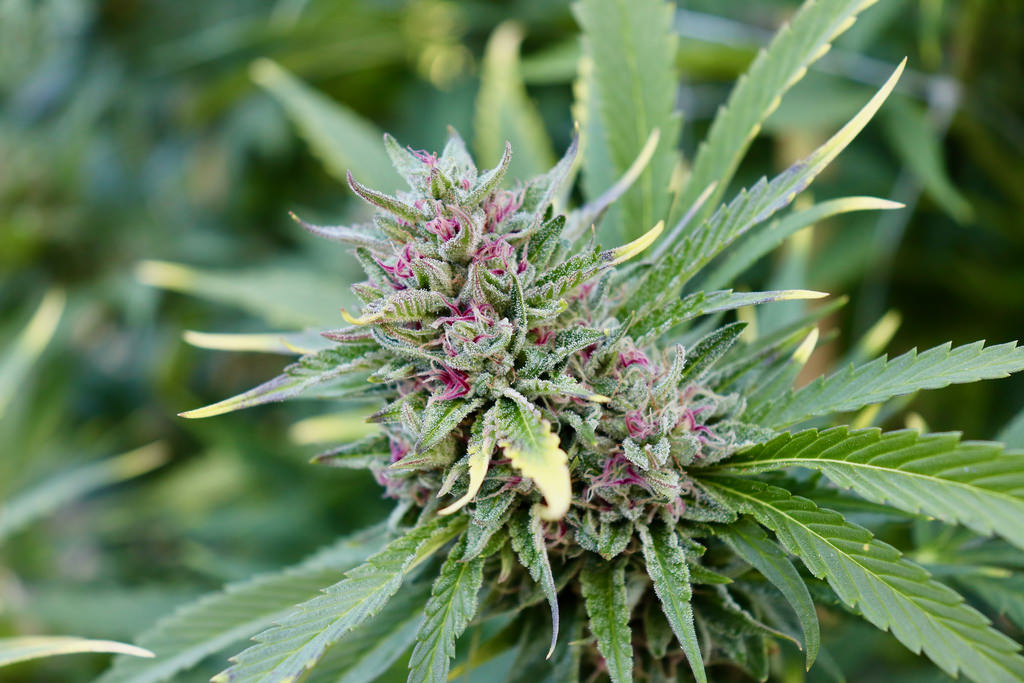The Health Benefits of Cannabis for Chronic Pain Relief in the UK
While research is ongoing, the therapeutic effects of cannabis, particularly the cannabinoids THC (tetrahydrocannabinol) and CBD (cannabidiol), show promise in offering relief to patients suffering from chronic pain.
Here are some key benefits of cannabis for chronic pain relief in the UK:
- Pain Relief
This system plays a role in regulating pain, mood, and other vital functions. THC can bind to cannabinoid receptors, potentially reducing pain sensations, especially for conditions like arthritis, neuropathy, and multiple sclerosis.
- Reduced
Cannabis has anti-inflammatory properties, which can help alleviate pain caused by inflammation. Conditions like rheumatoid arthritis, Crohn’s disease, and other inflammatory disorders may benefit from the use of cannabis, with CBD being the primary cannabinoid responsible for these effects.
- Improved Sleep Quality

Chronic pain often interferes with sleep, leading to a cycle of worsening pain. Cannabis, especially CBD, has shown potential in improving sleep quality. THC can help induce sleep and improve the overall restfulness for patients suffering from persistent pain.
- Muscle Spasms and Spasticity Relief
THC, in particular, may be helpful in reducing these symptoms, providing relief to patients who experience painful muscle contractions.
- Reduced Use of Opioids
Studies have suggested that cannabis could help reduce the dependence on opioids and other pain medications, which can have serious side effects and addiction risks.
This makes it an appealing option for long-term chronic pain management.
Legal Considerations in the UK
Since 2023, medical cannabis has been legal in the UK, but only for specific medical conditions and with a prescription from a specialist doctor. Patients with conditions like multiple sclerosis, severe epilepsy, or chronic pain can access cannabis-based treatments, but the process involves careful regulation and assessment.





